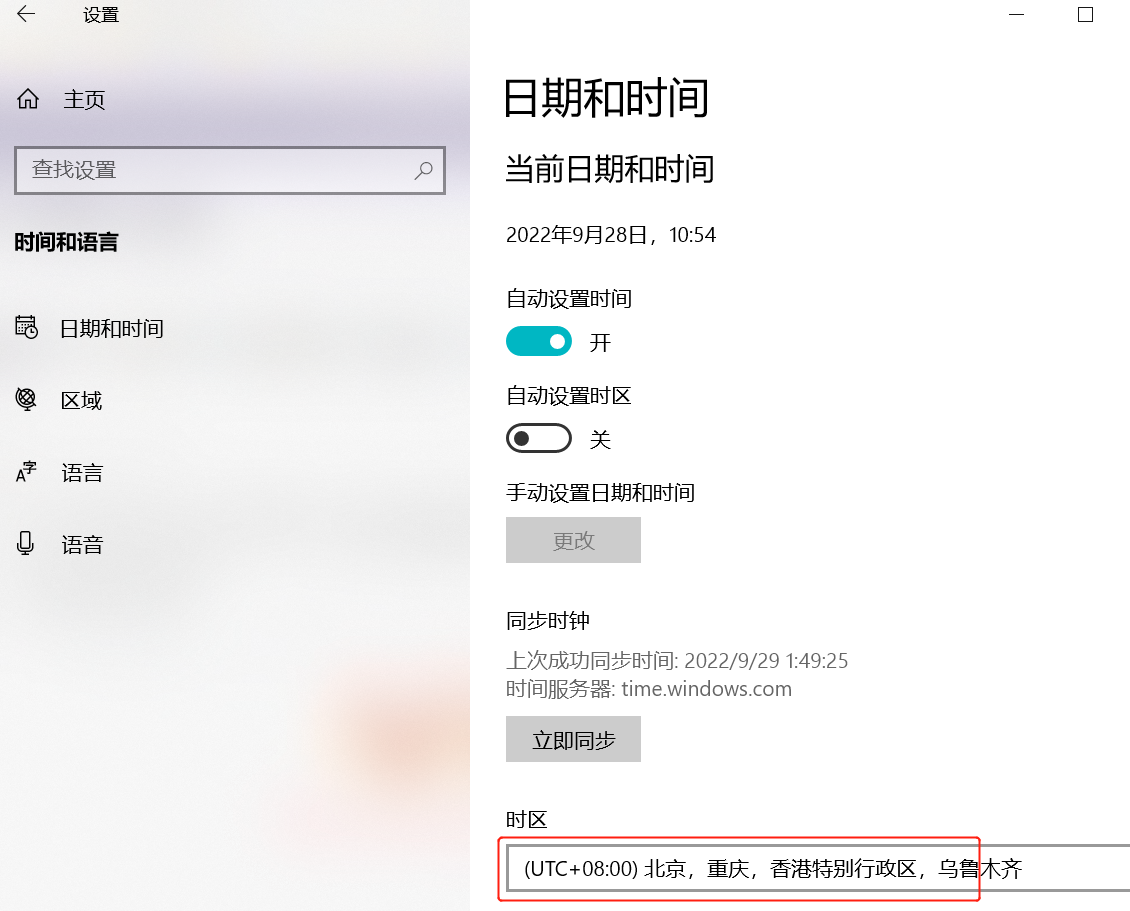问题描述
我目前正在尝试在Linux的Windows子系统中使用jni.h。
我只是想知道如何成功地正确设置我的Java_HOME变量,以便它可以找到JNI.h
由于我还不知道如何设置路径,因此我真的不知道从哪里开始,因此非常需要任何帮助。
到目前为止,我的两个build.gradle文件都包含以下内容:
这是我的c子项目中的build.gradle
plugins {
// We're actually using C++,but we can essentially pretend that it's C.
// The cpp-library plugin compiles our C/C++ code and generates a library file.
id 'cpp-library'
}
tasks.withType(CppCompile).configureEach
{
// The actual 'jni.h' file lives in the 'include' directory,but there are
also a series of
// other,platform-specific header files in 'include/linux' and/or
'include/win32'. Your actual
// JDK may only have one of these platform-specific directories.
includes "$System.env.JAVA_HOME/include"
includes "$System.env.JAVA_HOME/include/linux"
includes "$System.env.JAVA_HOME/include/win32"
includes "$System.env.JAVA_HOME/include/win64"
}
library {
// Define the library's name. (The file produced will be 'lib<baseName>.so' on Linux or
// '<baseName>.dll' on Windows.)
baseName = 'example_c_library'
// Create a 'shared' library only (not a 'static' library).
linkage = [Linkage.SHARED]
// What is the target platform?
targetMachines = [
machines.linux.x86_64,machines.windows.x86_64,machines.macOS.x86_64
]
}
这是我的Java子项目中的build.gradle
plugins {
id 'java'
id 'application'
}
// We need Gradle to finish configuring the other sub-project first,because we need to
// refer to two of its tasks below.
evaluationDependsOn ':c_library'
def libTasks = project(':c_library').tasks
def debugLibTask = libTasks.matching{ it.name.startsWith('linkDebug') }.first()
def releaseLibTask = libTasks.matching{ it.name.startsWith('linkRelease') }.first()
dependencies {
// Make this subproject ('java_app') depend on the file produced by the linking task in the
// other subproject.
runtimeOnly files(releaseLibTask.linkedFile)
// This declaration is more convoluted than you might expect. We can't simply depend on the
// other subproject as a whole,because that makes the Java plugin complain that it isn't
// another Java project. There's no automated logic for tying a C library into a Java
// application.
// Instead,this dependency simply causes our C library file to be included as part of the Java
// application's distributable .zip file. We then have to do some setting up,in 'run{}' and
// 'startScripts{}',to ensure that Java will be able to load the library.
}
application {
mainClassName = 'org.example.ExampleJavaApp'
}
run {
// Make 'gradlew run' set the library path correctly. There is a Java "system property" for
// this,which needs to be set to the *directory* containing the shared library.
// We first depend on the 'linkDebug' task that creates the debug version of the library,to
// ensure that task runs before the 'run' task. Then we make a few more calls to extract the
// actual directory,and set the library path.
// Debug vs release? Gradle builds two versions of our C code with different compiler options,// one intended for debugging (which is what we're theoretically doing when we execute 'run'),// and one for release (which is what the final .zip file is for).
dependsOn debugLibTask
systemProperty 'java.library.path',debugLibTask.linkedFile.get().asFile.parentFile
}
startScripts {
// Make the start-up scripts (both UNIX and Windows) set the library path correctly,so that
// our application is properly distributable.
// When our application is distributed,the native library will live inside the same 'lib/'
// directory that contains the rest of our code. So the library path needs to be the 'lib/'
// directory. However,we can't hardcode the location of this directory,because we can't know
// in advance where the user has installed the application. Instead,we have to get the
// start-up script (both the UNIX and Windows version of it) to figure it out.
// How we do *that* is a bit hacky though. We first tell the script generator how to set the
// path,but at the "last minute" we go in and tweak the result,because the actual path
// depends on a variable in the script that we can't access in the first instance.
defaultJvmOpts = ['-Djava.library.path=APP_HOME_PLACEHOLDER/lib']
doLast {
unixScript.text = unixScript.text.replace('APP_HOME_PLACEHOLDER','$APP_HOME')
windowsScript.text = windowsScript.text.replace('APP_HOME_PLACEHOLDER','%APP_HOME%')
}
}
解决方法
暂无找到可以解决该程序问题的有效方法,小编努力寻找整理中!
如果你已经找到好的解决方法,欢迎将解决方案带上本链接一起发送给小编。
小编邮箱:dio#foxmail.com (将#修改为@)


 设置时间 控制面板
设置时间 控制面板 错误1:Request method ‘DELETE‘ not supported 错误还原:...
错误1:Request method ‘DELETE‘ not supported 错误还原:...